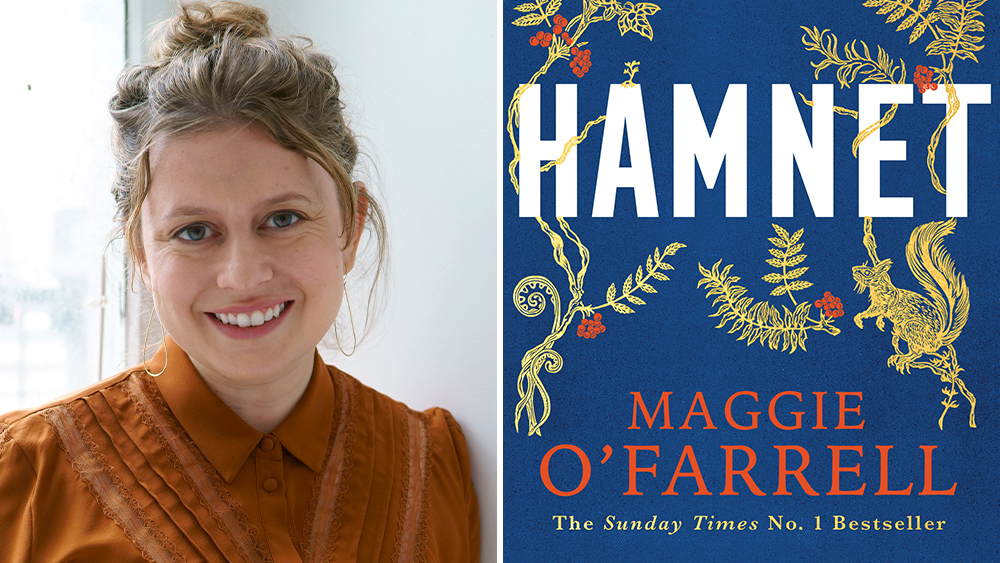
Every year around this time, Bill Gates sends a message. His 34,725,806 LinkedIn followers received an email on Monday as well. And, like in previous years, the yearly ritual was upheld this year as well.
The billionaire unveiled his choice of the finest books of 2021 just as the globe prepares for the Christmas season. In a year marked by personal upheaval, Gates continued to find inspiration in literature, despite the fact that he and his wife, Melinda French, called it quits after 27 years of marriage. Indeed, he claims that this year he regained his passion for science fiction and how it may influence creativity.
Gates, who has been a voracious reader since boyhood, posted his latest picks on his personal blog, GatesNotes, on Monday. This year, the world’s fourth richest person begins with remembering chats about science fiction novels he had with his buddy and Microsoft co-founder Paul Allen, who died in 2018.
“When I was a kid, I was obsessed with science fiction. Paul Allen and I would spend countless hours discussing Isaac Asimov’s original Foundation trilogy. There was something so thrilling to me about these stories that pushed the limits of what was possible,” Gates writes in his opening note.
Two science fiction novels, two nonfiction works about artificial intelligence (AI) and gene editing, and one historical fiction story about William Shakespeare’s loss of his newborn son top Gates’ must-read list for 2021.
1. ‘A Thousand Brains: A New Theory of Intelligence’ – Jeff Hawkins

Bill Gates praises the book by the co-inventor of the PalmPilot for taking a novel perspective to a subject that he believes could one day “help us handle genuinely complicated, diverse concerns like improving medicine.” There’s a personal connection for Gates as well: his father is suffering from Alzheimer’s disease, which he says has made him keenly aware of how little we know about the human brain.
“Few subjects have captured the imaginations of science fiction writers like artificial intelligence. If you’re interested in learning more about what it might take to create a true AI, this book offers a fascinating theory,” Gates writes.
2. ‘The Code Breaker: Jennifer Doudna, Gene Editing, and the Future of the Human Race’ – Walter Isaacson

Walter Isaacson is noted for his biographies of Steve Jobs, Albert Einstein, and Benjamin Franklin, among others. Gates lauds Isaacson’s latest work of art, which he describes as “far larger” than merely a picture of Jennifer Doudna, the Nobel Laureate who co-discovered CRISPR gene editing. In recent years, the Microsoft founder’s own enthusiasm for CRISPR has “increased from really high to off the charts,” but he stresses that the public should “play an involved part in defining the ethical borders” of how technology should be utilised.
3. ‘Klara and the Sun’ – Kazuo Ishiguro

The storey by Kazuo Ishiguro is about a robot named Josie that gives company to a sick little girl. The book’s storyline of “a future where robots make human lives better” attracted Gates’ curiosity. It is set in a dystopian future where children are genetically modified to make them smarter and are forced to live in isolation. The girl finds comfort in an “artificial buddy” who frequently blurs the borders between human and robot. “This book got me thinking about what life may be like with extremely intelligent robots—and whether we’ll see these devices as machines or as something more,” he writes.
4. ‘Hamnet’ – Maggie O’Farrell

The Bard joins the ranks of the billionaires. The drama ‘Hamnet’ is based on William Shakespeare’s 11-year-old son’s death and how that loss may have impacted one of his most famous plays, ‘Hamlet,’ which was written just two years after the little boy’s death. In his suggestion, Gates says, “If you’re a Shakespeare lover, you’ll adore this fascinating story about how his personal life might’ve inspired the creation of one of his most renowned plays.”
5. ‘Project Hail Mary’ – Andy Weir

This new book from the author of ‘The Martian’ tells the storey of a high school science teacher who joins forces with a benign alien to defend the solar system from a sun-eating bacteria. Despite the fact that it isn’t quite scientific, Gates found it to be a “fun book” that he finished “in one weekend.”
Are you prepared to make a change to your reading list? Let us know in the comments.





